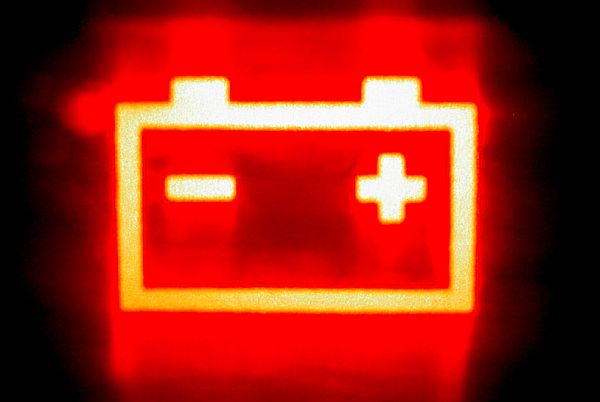
What will you do when your clock is dead? You will simply remove the battery, throw it in the dust bin or in your backyard and let it to rust, knowing that it wont decompose. Do you realize the amount of lead and other chemicals, the battery will give out into the earth? There are rechargeable batteries available to solve this problem up to an extent. But, what if these batteries could get recharged on their own (without connecting to an external energy source) and be used repeatedly.
Yes, this is a good thought and the implementation has already begun. Researchers at Royal Melbourne Institute of Technology (RMIT) are designing self-powered battery with the help of piezoelectric thin films that has the capability to convert mechanical pressure into electricity. Let me put this in a much simpler way: all of us are familiar with a gas lighter which works when you put pressure on the button creating a spark. The same idea is being used by researchers at RMIT in producing these self-powered batteries.
These piezoelectric films can also be incorporated into running shoes and the energy driven out can be used to charge your own mobile phones. Even a laptop can also be powered while you are typing on the keyboard using your fingertips. RMIT has been undergoing projects since 2006 and overcome the basic fundamental phase.
Researchers are now thinking about the possibilities these piezoelectric films could have. However, their work does not end here, the electrical energy produced from these thin films has to be stored into these batteries which requires about 250 microwatts of power. It is not a difficult process but is time consuming. These films do not cost high and are of the same price as those of the batteries in the market. If this project turns out to be successful, self powered batteries will be available to the public in all markets at affordable prices. This will also contribute to a less polluted environment and a much greener, safer planet.
Via: Computer World




